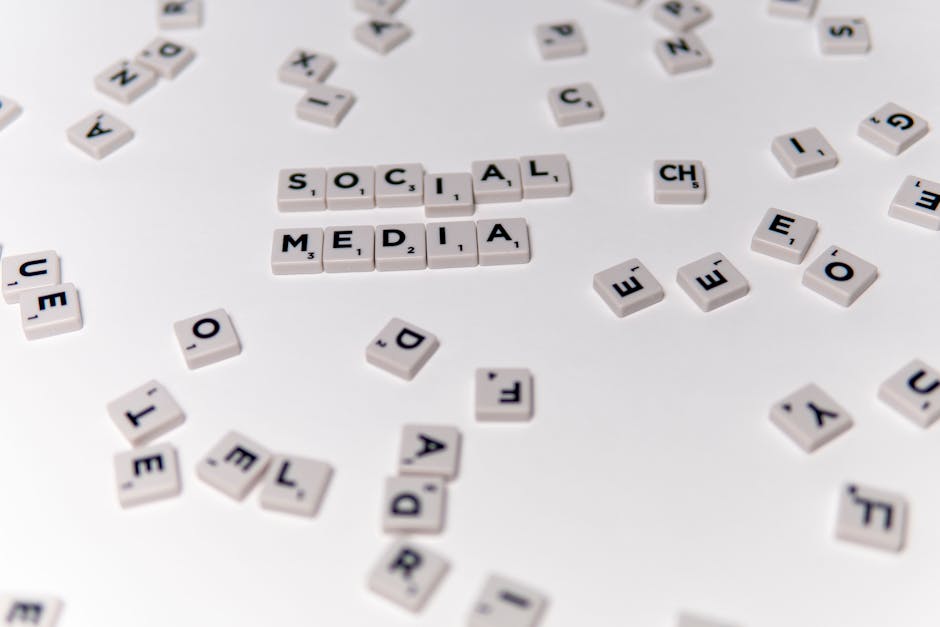The rise of social media has profoundly reshaped political landscapes globally. No longer confined to traditional avenues, political dialogue now percolates through a complex network of platforms, transforming the way citizens engage with their governments and with each other about matters of state. This article explores the multifaceted role of these platforms in political discourse, examining both the opportunities and the challenges they present.
A crucial element in understanding social media’s influence lies in acknowledging its unique characteristics. Unlike traditional media, social platforms offer a degree of immediacy and interactivity unparalleled in the past. This immediacy is a double-edged sword. Instantaneous feedback loops, while empowering for citizens, can also amplify volatile opinions and contribute to a more polarized political climate.
Platforms like Twitter and Facebook have become battlegrounds for political messaging. Candidates, political parties, and activists utilize these platforms to disseminate information, mobilize support, and directly engage with their constituents. This direct access to the public allows for bypassing traditional gatekeepers of information, enabling a swift exchange of ideas and unprecedented levels of audience engagement. This direct contact is a powerful tool, however, it also provides fertile ground for misinformation, disinformation, and the spread of harmful rhetoric. Consequently, the very immediacy that empowers can also be exploited to manipulate and misinform.
The nature of political communication itself undergoes a transformation in the social media age. Framing, once largely controlled by traditional media outlets, becomes more decentralized. Individual users, citizen journalists, and advocacy groups all contribute to shaping narratives and defining the terms of debate. This multitude of voices, while enriching the public sphere, can also lead to fragmented and often contradictory understandings of complex political issues. The constant barrage of messages can also lead to selective exposure, where individuals gravitate towards echo chambers, reinforcing pre-existing beliefs and limiting exposure to alternative viewpoints.
Furthermore, social media platforms function as powerful tools for mobilization. Protests and movements, both large-scale and grassroots, frequently rely on social media to organize, disseminate information about events, and rally support. The Arab Spring, for instance, showcased the potential of social media to spark revolutions and incite political change across regions. However, this mobilization capacity can also be misused. Extremist groups and hate speech perpetrators use social media to coordinate and propagate their ideologies, sometimes with devastating consequences.
Transparency and accountability, core tenets of democratic governance, are significantly impacted by this new digital landscape. The deluge of information necessitates a critical approach to evaluating sources, a skill that is not always fostered in contemporary online interactions. The ease of spreading falsehoods, through the rapid proliferation of fabricated stories and edited videos, creates an environment where misinformation can swiftly erode trust in institutions and individuals. Misinformation can also have real-world consequences, potentially manipulating public opinion on critical political decisions, thereby undermining democratic processes.
Algorithms, the unseen architects of social media feeds, play a crucial role in shaping political discourse. These algorithms, designed to keep users engaged, often prioritize content that aligns with user preferences. This can lead to filter bubbles, effectively isolating individuals within specific ideological spheres. As a result, individuals are less exposed to alternative perspectives, limiting their understanding and participation in a well-rounded political dialogue. This dynamic often entrenches existing biases and can hinder the crucial element of compromise necessary in democratic processes.
The regulation and governance of social media platforms in the political context pose another significant challenge. Balancing freedom of speech with the need to combat the spread of misinformation and harmful content is a delicate act. Platforms are constantly pressured to take action against hate speech, yet this action must not stifle legitimate dissent or critical discussion. The line between moderation and censorship is often blurred, and the lack of universally accepted standards further complicates the issue.
In conclusion, social media platforms have undeniably revolutionized political discourse. They have provided new avenues for citizen engagement, mobilization, and information sharing. However, the very characteristics that empower also present new challenges, including the amplification of misinformation, the creation of filter bubbles, and the need for stricter ethical and regulatory frameworks. Navigating this complex landscape requires a multi-faceted approach, involving critical media literacy, responsible platform governance, and a proactive effort to foster media literacy amongst the public, along with the development of robust methods to discern reliable information from fabricated content. The future of politics and democratic participation is inextricably intertwined with our understanding and management of social media’s impact. Ultimately, fostering informed and responsible use of these platforms is essential for healthy and productive political discourse in the digital age.












